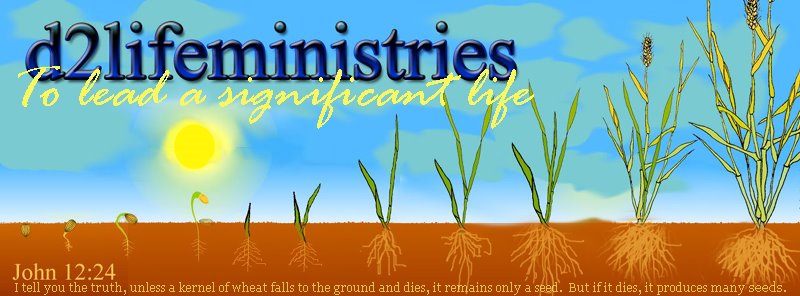In his most famous Psalm, Israel’s most famous shepherd wrote, “Thy rod and thy staff they comfort me” (Psalm 23:4).
David knew well what a shepherds rod symbolizes.
It speaks of defending, examining and disciplining his sheep. A watchful shepherd will use his “rod” --usually a short wooden club-- to defend his sheep, as if it were an extension of his right arm. He will strike nearby predators with it, throw it at those farther away and beat the bushes to warn snakes and other foes to stay away from his wooly, four-legged followers. The sight of their shepherd with club in hand is an enormous source of security to otherwise defenseless sheep, especially while traversing the deadly, dark “valley of the shadow” (Psalm 23:4). Its an equally strong intimidation to their would-be attackers. Sheep are further relieved by knowing they will pass under their shepherds rod nightly.
To “pass under the rod” refers to a shepherd counting his sheep as they enter the door to their sheep pen every evening. As they enter, the shepherd not only numbers them but also carefully examines them with his eyes and hands for signs of injury, disease, scabs, nose flies or other parasites. Without this close vetting, their hidden ills would remain undetected beneath their thick coats of wool, leaving them weak, sick and vulnerable to predators. This intimate, unerring care warms the hearts of the sheep. They are confident that if in them should be detected any harmful condition, their shepherd will discover and remedy it when they “pass under the rod”.
Conversely the shepherd rod is further used, when necessary, to discipline his sheep. When sheep stray from the safety of their shepherds side and flocks fellowship and come near predators, poisonous weeds or flowers, or other dangers, the shepherd may fling his rod in their direction to alert them to return to safety. If they stubbornly continue in their own way, he may strike them with it! But the temporary discomfort inflicted is motivated by the tenderest of love, to spare them needless, painful wounds or a tragic, premature death at the hands of their ever-waiting, ever-watching, ever-malicious enemies. A shepherd from his youth, David wisely pondered these benefits of the “rod” he used while nurturing Jesses flocks.
Consequently, in his most trying “valleys” he was deeply reassured and relieved every time he remembered that, however chaotic and cruel his circumstances, he was still “under the rod” of the Lord, the heavenly Shepherd; “Thy rod….comforts me.” And it obviously soothed his oft troubled soul whenever he saw the Lord using His “rod” on his enemies, humbling, confounding or turning back those who proudly pursued or plotted against him, such as Saul, Nabal and Shimei.
But David’s insight went even further.
The more he let God humble him, the more David also learned to be comforted rather than chafed when the Lord used His rod on him. Every time the Lords searching examination, precise convictions, or stinging discipline overtook him, though initially distressed, he always found consolation.
How? He recognized the soul and life correction as a sign of the holy love of his Shepherd, who centuries later said “As many as I love, I rebuke and chasten” (Revelation 3:19). He also wisely reasoned that the rods agitation was better than its alternative- remaining uncorrected, self deceived, troubled by sin and vulnerable to his persistent, merciless enemies. Inspired by these insights, David meekly vowed to love the rod of reproof even if it were wielded by his peers! “Let the righteous smite me; it shall be a kindness. And let him reprove me; it shall be an excellent perfumed oil, which shall not break my head” (Psalm 141:5)
His quick, quiet, and humble acceptance of the “perfumed oil” of correction applied by Abigail, Natahan, and Joab at crucial moments proved that he meant what he had vowed.
Are we as humble as David or still harboring foolish pride?
Do we rejoice when Gods “rod” stops our enemies, yet chafe when He pokes us by peering under our wooly pride and self-defense to convict us of wrong motives, attitudes, words, actions or reactions, or when He smites us with adversity for persisting in sin or self will?
Isn’t it time that we despise the pride that hates correction and delight in the Spirit who convicts us, the Abigails who counsel us, the Joabs who warn us and the Nathans who face us with our secret hypocrisies. These “rods” are proofs of the Shepherds love----and were far better off with than without them.
Don’t just contemplate the famous words of Israel’s famous psalm.
Live them.
Be comforted not chafed by the Good Shepherd`s rod.
Wednesday, November 11, 2015
Subscribe to:
Posts (Atom)
